Tom Brevoort believes in the satisfying chunk. Or in his case, “big, sizable, meaty chunks” of of story like those found in graphic novels.
Marvel has significantly rejected the notion of creating original graphic novels over the years, with former E-i-C Joe Quesada continually saying they don’t make economic sense. However, maybe they do make more reading sense for new readers in a world of tablets and Kindles. Marvel has announced a new line of Season One hardcover original graphic novels which will give modern readers a modern take on the origins of classic characters:
“We’re hoping to introduce folks who have never read any of these characters to these characters in this format, and also provide an interesting and illuminating story for people who have read a lot of Fantastic Four and Daredevil,” says Brevoort, Marvel’s senior vice president and executive editor.
“If you want to dip your toe in the water and find out the essence of what Marvel is all about, here is a nice place for you to start in big, sizable, meaty chunks.”
Of course it also sounds a bit like DC’s Earth one series. The launch books include:
•Fantastic Four: Season One by Roberto Aguirre-Sacasa (Stephen King’s The Stand, Glee) and David Marquez (Secret Warriors), due out in February;
•X-Men: Season One by Dennis Hopeless (Legion Of Monsters) and Jamie McKelvie (Phonogram), on sale in March;
•Daredevil: Season One by Antony Johnston (Daredevil) and Wellinton Alves (Nova), in April;
•Spider-Man: Season One by Cullen Bunn (Fear Itself: The Deep, Sixth Gun) and Neil Edwards (Fantastic Four), arriving in May.
Marvel traditionally hasn’t been much interested in developing their backlist or original book material — so this comes as quite a change for them. Whether it’s in response to opportunities afforded by the Disney connection or by their newish distribution deal with Hachette would be an interesting question to have answered.
Marvel Season One Exclusive First Look


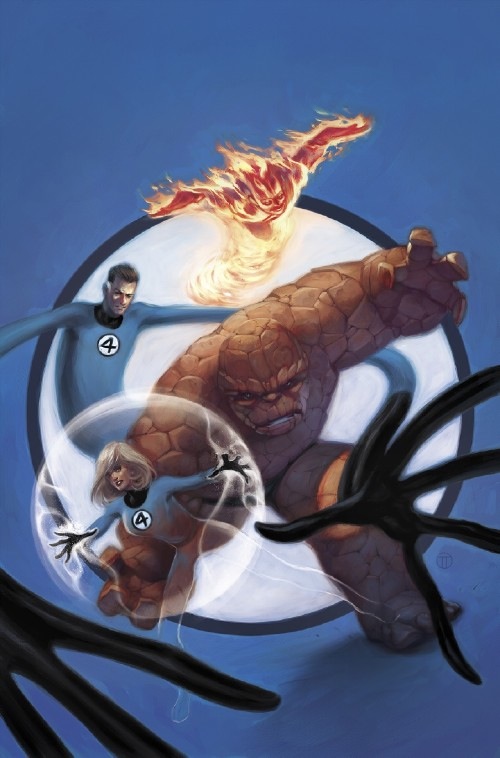
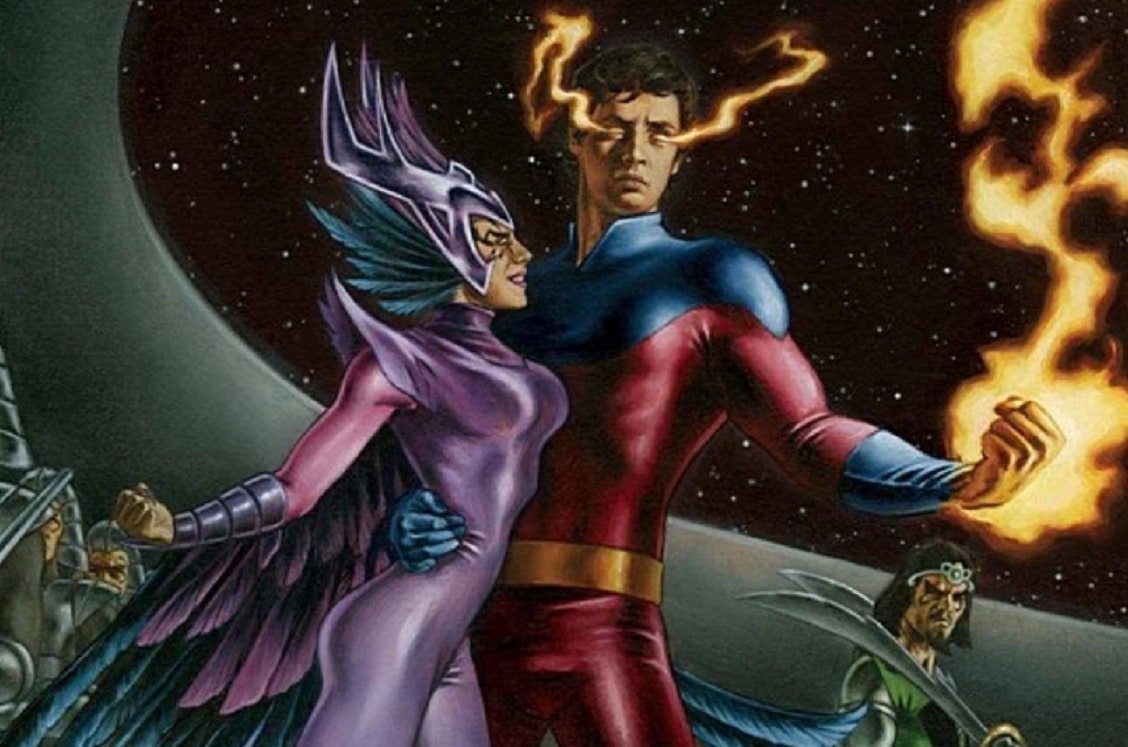
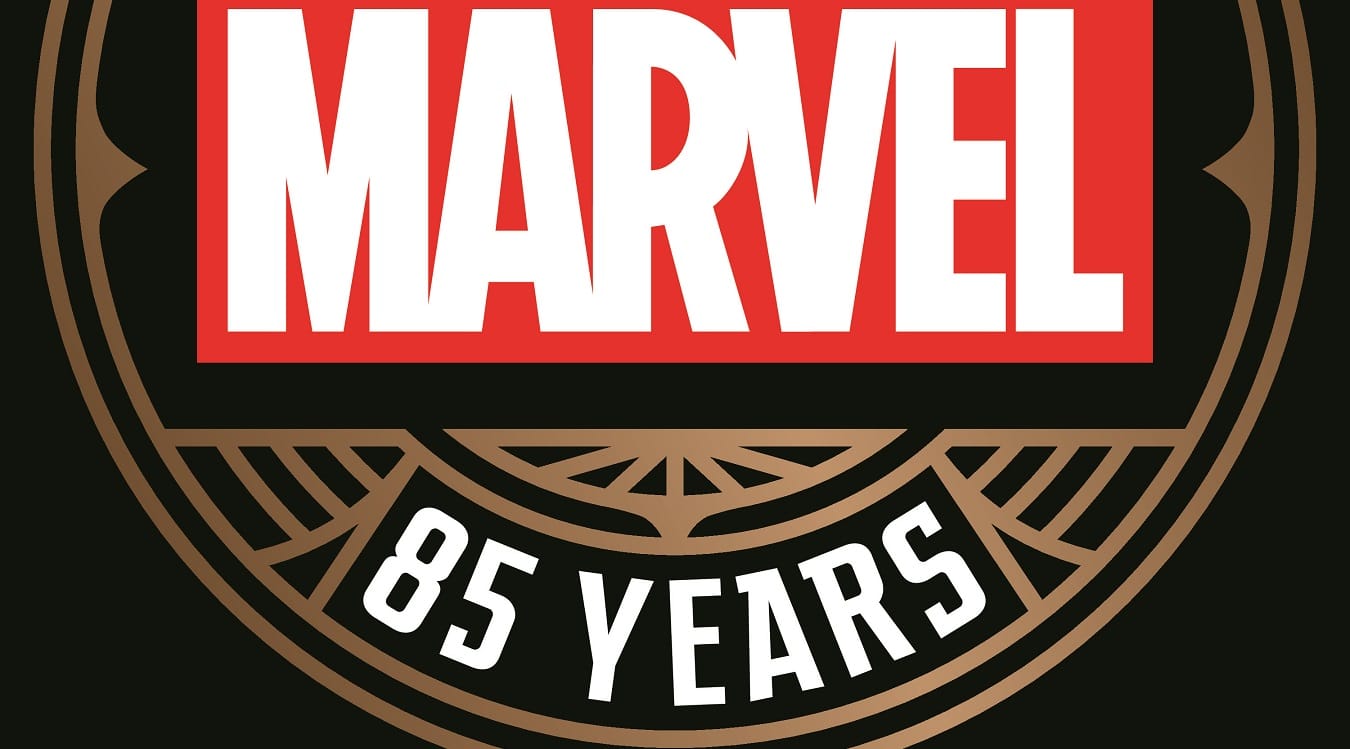
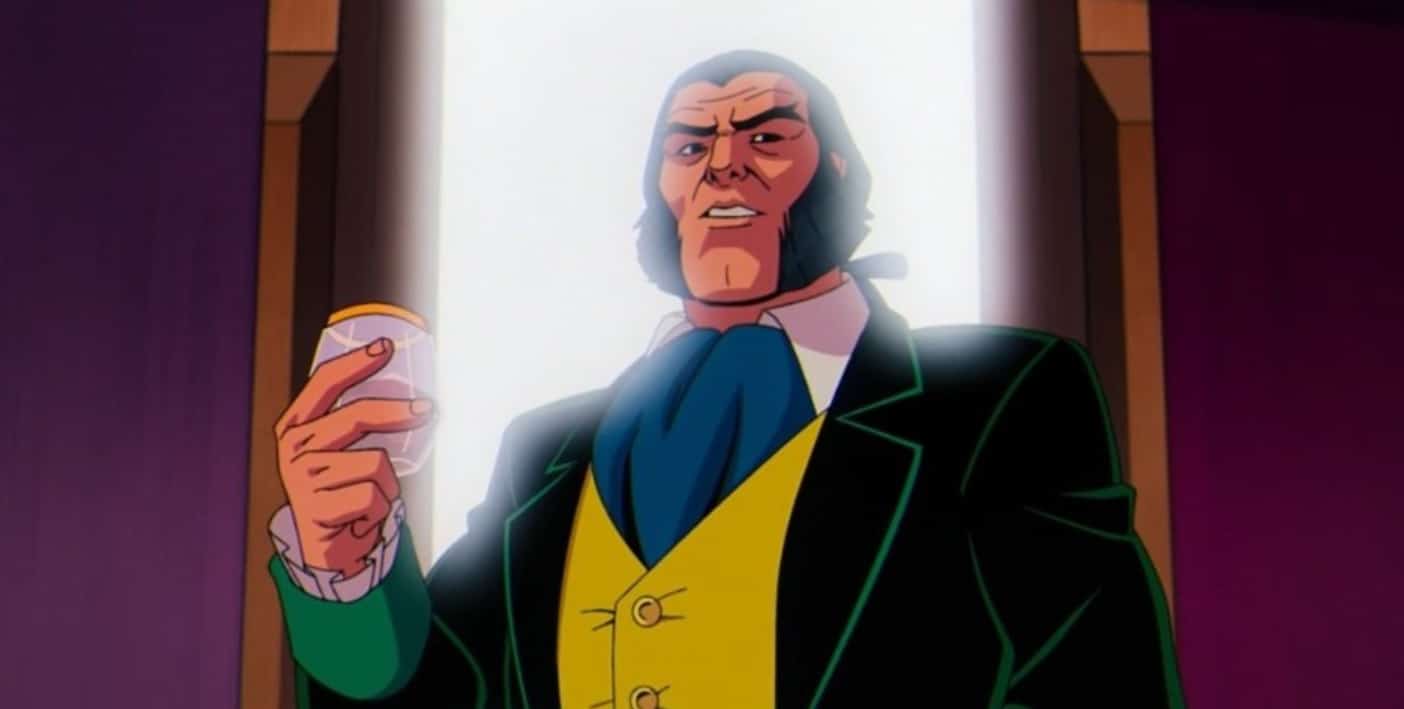
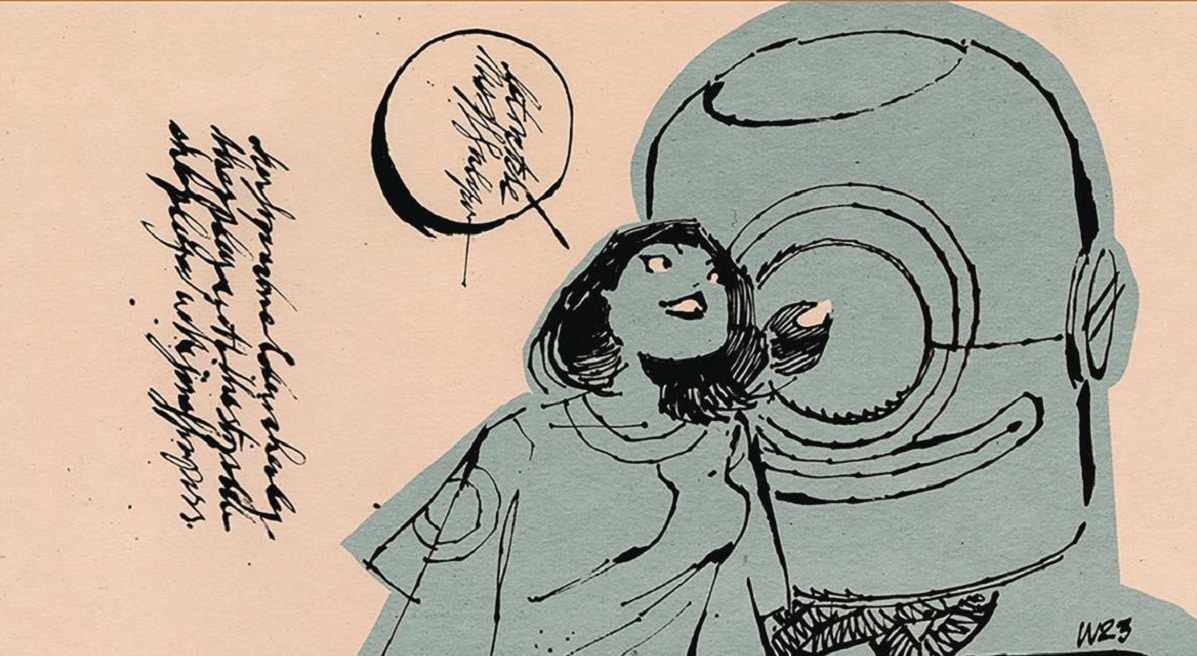

Oh cool!
I’m curious though; what does it mean to say that Marvel hasn’t been interested in developing its backlist? They keep a good deal of their sought after runs in print via “Masterworks,” “Essentials,” “Visionaries” and such. Perhaps I am thinking of it wrong?
snd here we go again. if this brings in new readers, that’s a good thing, but for long time readers and fans, how many times can we read what is basically the same origin story (with tweeks to the story to bring it to modern times) over and over and over again? nice artwork, but i think i’m gonna pass.
Price? Pagination? Format?
“Marvel is launching a Season One line of original graphic novels — the publisher’s first — next year to honor the company’s 50th anniversary. ”
A line? Perhaps. But Marvel has published original graphic novels before. Halo, published in 2006, was a hardcover graphic novel, and sold quite well.
The artwork is very utilitarian, almost an “easy-reader” version of comicbook art, probably designed to appeal to new readers. Compare to the early “Marvel Age” titles from 2006. It looks like an “all ages” line, which will appeal to librarians, parents, and aunts and uncles.
Along with the origins books displayed at Book Expo, I suspect this has been pushed by Disney Press, which has published original graphic novels (Epic Mickey, Prince of Persia, Tron). Will these titles be under the “Marvel Press” imprint?
1) Marvel is terrible at keeping titles in print. Yes, they reprint comics, but those reprint collections, they go out of print. “Marvels” is one example, and that’s one of their biggest titles.
It is hoped that the new distribution agreement with Hachette, and oversight from Disney, will help change this.
2) These titles aren’t aimed at mancave-men.
QUOTE:
“We’re hoping to introduce folks who have never read any of these characters to these characters in this format, and also provide an interesting and illuminating story for people who have read a lot of Fantastic Four and Daredevil,” says Brevoort, Marvel’s senior vice president and executive editor.
If fans buy them and enjoy them, great. But Marvel is aiming this at new readers. It’s the same reason why Dennis O’Neil usually retold Batman’s origin once a year in the monthly comic, since it wasn’t readily read elsewhere.
There’s nothing wrong in principle with re-dating origins in book form. Marvel’s done the same thing in comic book form. I don’t see a point to it in marketing terms, though. Why would Marvel readers want to lay out $$ for re-dated origin stories? If new readers who like the “Season One” books are interested in reading more about ______. they’ll find themselves faced with the same problems they’d had if they’d picked up random series issues
An analogy might be Ian Fleming’s estate deciding that the James Bond novels (by him and others) would sell better if the agent was modernized. So the estate gets someone to write a new. modern origin novel — and then what? Unless they rewrote Fleming’s novels, there’d be nowhere for fans of the new, modern Bond to go. The “Season One” books only seem to make sense as starters for a new line.
SRS
I like that the high-collar look has already migrated over to Marvel from DC.
Fantastic Four
Fantastic Four: Heroes Reborn
Ultimate Fantastic Four
Marvel Age Fantastic Four
Fantastic Four: First Family
and now Fantastic Four: Season One
Marvel: Leave No Story Unretold!!!
I agree w/ abc & Chap. Give the origins a rest, willya? Let newbies read the originals if they’re interested. It’s like George Lucas and his gazillion Star Wars DVD re-issues. How much money does one business need?
OK?
And so comes my eternal question:
What’s Marvel going to do to make sure new readers know about this effort that is, theoretically, aimed at them?
>>>Of course it also sounds a bit like DC’s Earth one series.>>>
LMAO!! A “bit”???? ARe you kidding? Yet another DC ripoff from the “House of IDEAS”…
What’s up with the terrible image-quality, especially that low-res, super-pixelated Cyclops drawing? Those are the images you use to launch a line?
“It’s the same reason why Dennis O’Neil usually retold Batman’s origin once a year in the monthly comic, since it wasn’t readily read elsewhere.”
Yeah, but O’Neil usually did it as a flashback, during a lull in the action, as any good short story writer or novelist would. He didn’t routinely devote entire issues to retelling the origin. Same with Len Wein’s original Swamp Thing stories.
“Next.”
“Micah, be nice.”
“Next, please.”